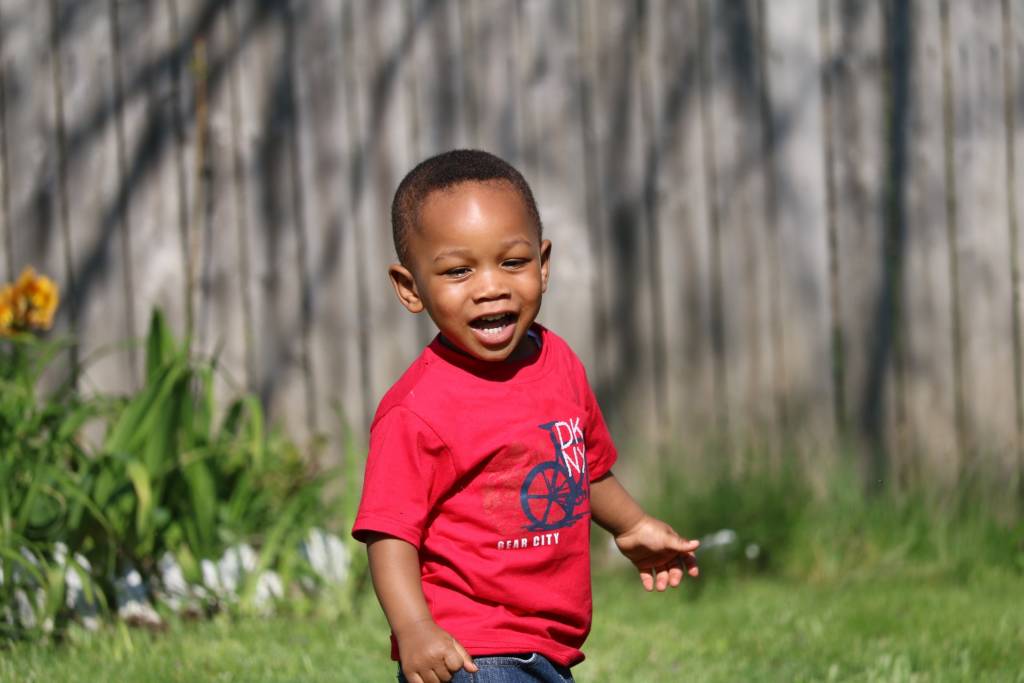Loss can come into our lives in lots of ways and affect each of us differently. One of the biggest and most difficult losses is the death of someone really important to you. There are however many types of loss where you might experience grief.
- The death of someone you love.
- Your parents or other important people splitting up or getting divorced.
- Separation from a parent, both parents and your family.
- Separation from friends or your community.
- Moving away from home or leaving your country.
- Loss of your childhood.
- Splitting up with your partner.
- Having a miscarriage.
- Being forced to give up something you don’t want to (like your job, child, or home).
- Losing your job.
- Leaving school or university.
- Losing or not having the ability to have children.
- Losing the ability to do some things through disability.
- Having an abortion.
- Becoming really sick or seeing someone else become really sick.
- Even when we experience change that is positive to us such as leaving school and starting work we can also experience some feelings of grief for what we’ve left behind.
When we have a loss in our life we go through reactions of grief. These reactions and feelings are different for everyone.
Here are some tips.
- Accept your own feelings – No-one will feel what you do, in the same way or with the same power. Understand what you are feeling as natural. Let yourself cry, talk about the loss or have a laugh. Check out the stages of grief. Let yourself feel what you are feeling. The feeling will pass.
- Express your feelings – Talk to someone you trust. Write a letter, poetry or a journal. Paint, draw or sing. Express what you are feeling, your fear, your hurt and your loss. Talk about what you have gained by knowing the person or having the experience you have had. Talk about the good and not so good times. Send it, keep it, hang it up, give it to someone, discard it or show it to someone you trust.
- Ceremonies – Funerals, ceremonies or memorials can be important. They are an opportunity to share your grief with other people or help accept an ending in your life. This is an ending of one phase in your life and the beginning of a new one.
- Take each step at a time – Live each day as it comes. Experience what you are experiencing in your own time. Understand and accept disruption in your life. Take control of things you can. Remind yourself of the things you have little or no control over. Give yourself permission to grieve.
- Relax – Exercise, take a warm bath (with some aromatherapy oils and incense), meditate, have a massage or spa. Listen to soothing music. Do things you like doing and that help you to relax.
- Move forward – What have you learned from that person, place or experience? What memories do you have? How have they become part of your life? How might you carry these on? How might you share them with children or others? What place might these skills, attributes, stories or knowledge hold in your future?
- Support – Support is essential. Talk to a friend, family or someone you trust. Sometimes it might feel people “don’t understand” or “get sick of your grieving”. It can be useful to check out a counselor or have a network of supports in your life.
- Have a laugh – Your sense of humour can be a great tool in at any hard time. It is OK to laugh at things you would usually laugh at. Advantages of laughter are that it gives you just a little break from the pain and that it releases healthy, healing chemicals into your body.
- Celebrate your memory – Plant something as a living memorial. Carry or wear something that reminds you of the person who died or the thing you have lost. Create a memory book or journal with photo’s, stories, pictures or poems. Put up a photo or something else that reminds you of that person (something they made, a trophy or gave to you). Spend time at a place or doing things that you used to do.
- Explore your spirituality – Pray, meditate or spend some time with nature. Use your own personal spirituality to explore what death or loss means to you and your spiritual self.
- Change – Be open to new ways of doing things. When it feels right, start something new. Don’t feel guilty about this, it is part of healing and you will never lose what your relationship with the person you have lost has given you.
- Be aware – It is natural to become more dependent on others immediately after a loss. It is not useful to keep this going for a long time. Keep an eye out for signs you are not gradually feeling better. Give yourself a pat on the back when you do things for yourself.
- Reward yourself – Be kind to yourself. Do things you like doing. Treat yourself to things that make you happy. When you feel ready, do something to help someone else. Soak up the enjoyment as much as you can!
- Write down the things you have learned – What have you noticed about yourself in this time? What have you found hardest? How did you over-come the hard things? What did you find easiest? What does this tell you about yourself? What have you learnt about your life? What beliefs have you gained, let go of or are new to you? How might you use this knowledge in your future? If you write it down you will see how you are gradually feeling better.
Note: It is not usually a good idea to make major life changing decisions in the first few months after the loss. It is often better to wait until your life is back in balance again.





